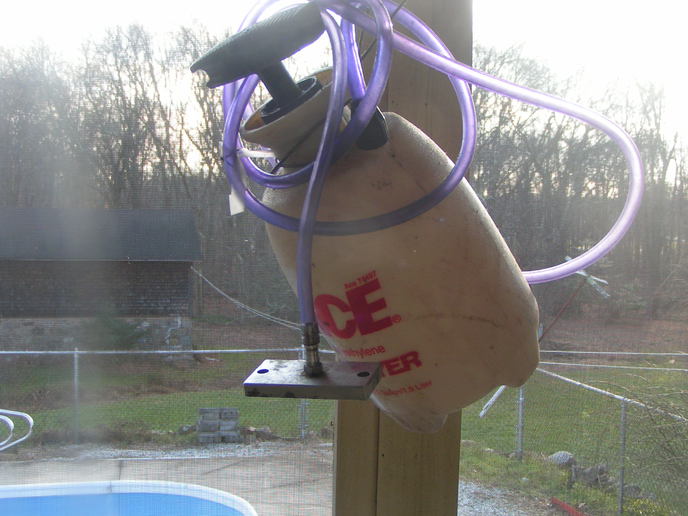guido
Well-known Member
Hello,
It may help to further elaborate on bleeding brakes. The method that is used is not as important as it is to remove all the air I the system. I think we can all agree on that one. Air trapped in the system will make the pedal soft and result in poor brake performance. I like to know what kind of method you guys use to bleed the air out of a brake system,
Guido.
It may help to further elaborate on bleeding brakes. The method that is used is not as important as it is to remove all the air I the system. I think we can all agree on that one. Air trapped in the system will make the pedal soft and result in poor brake performance. I like to know what kind of method you guys use to bleed the air out of a brake system,
Guido.


